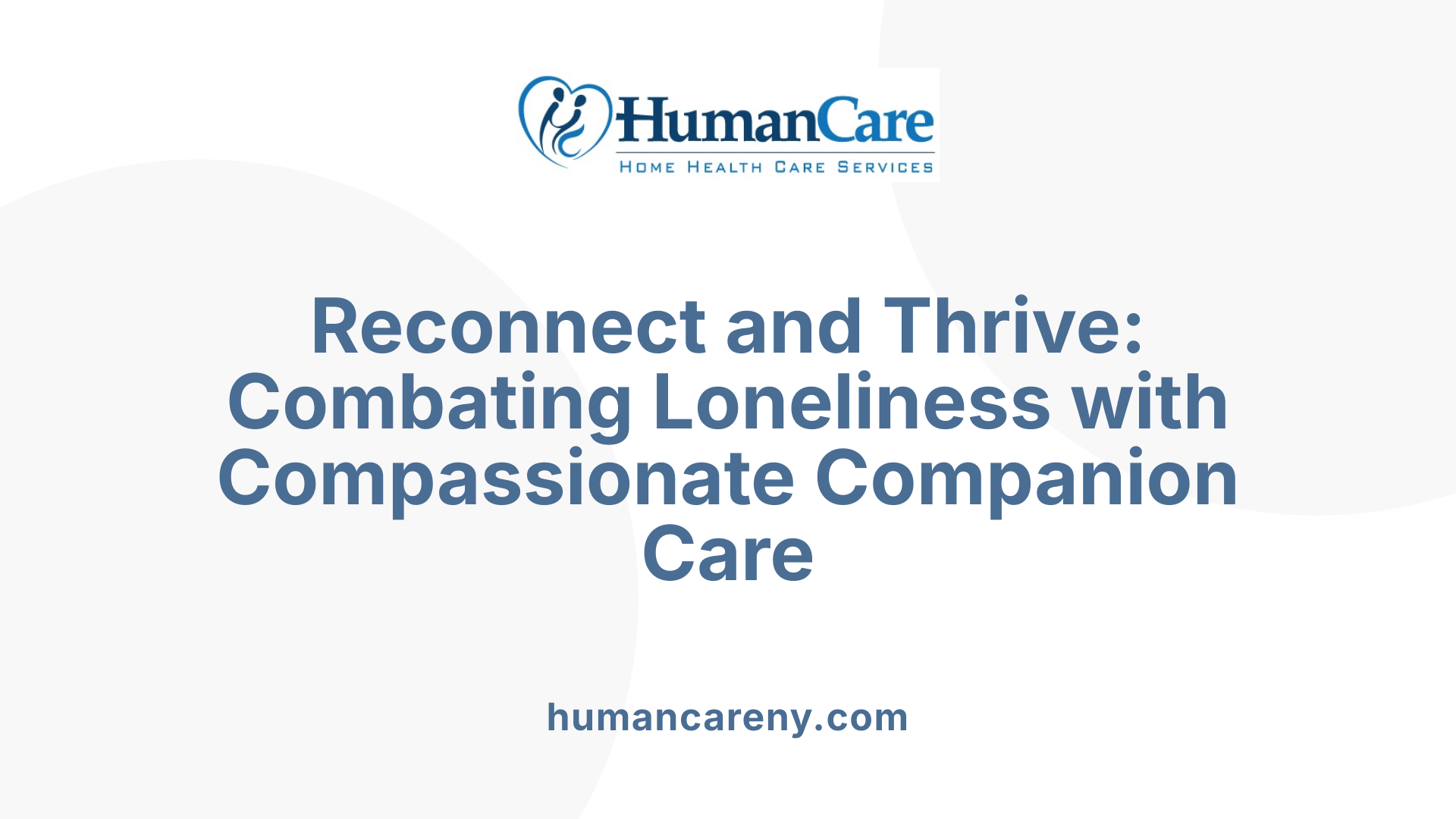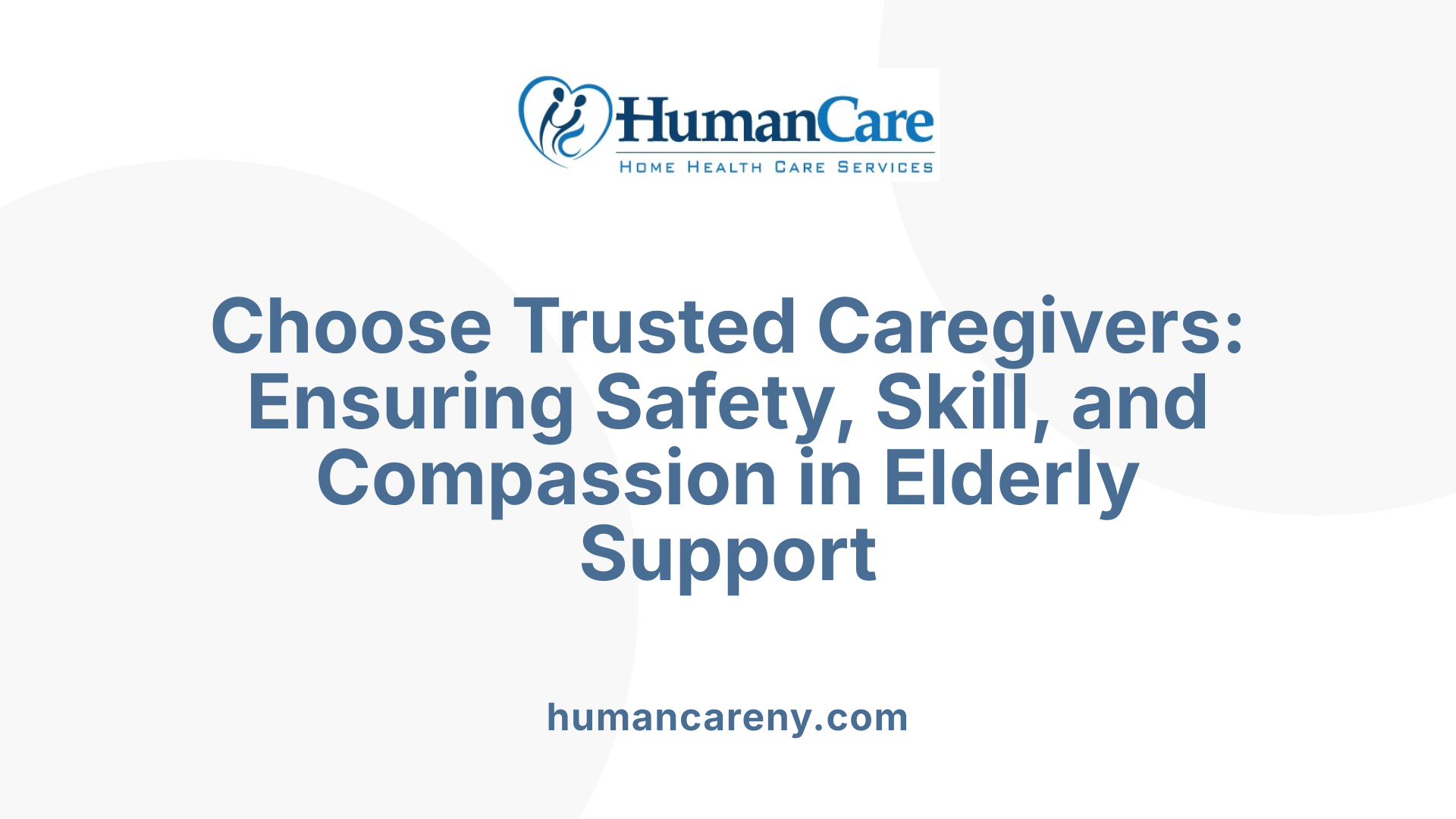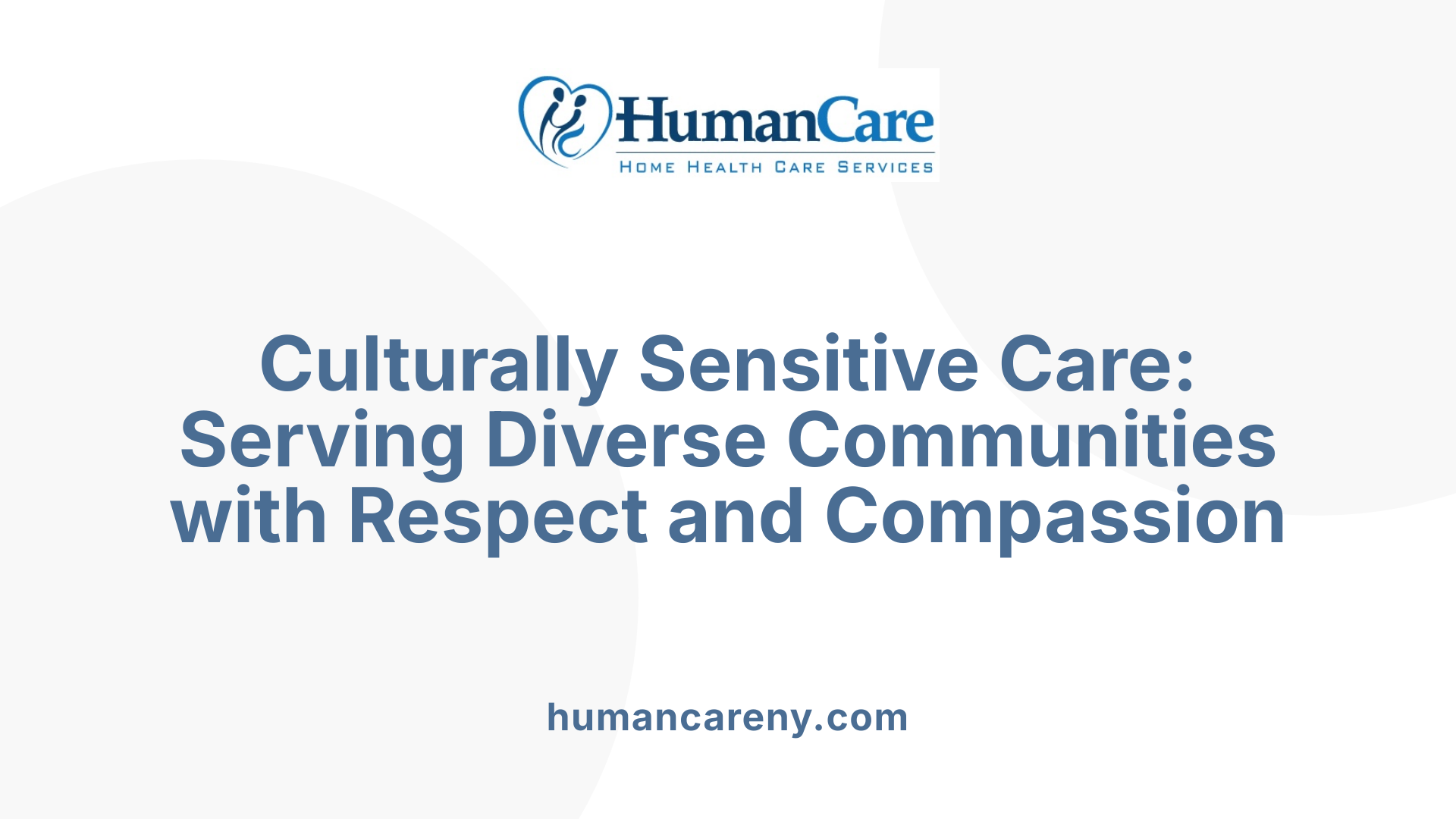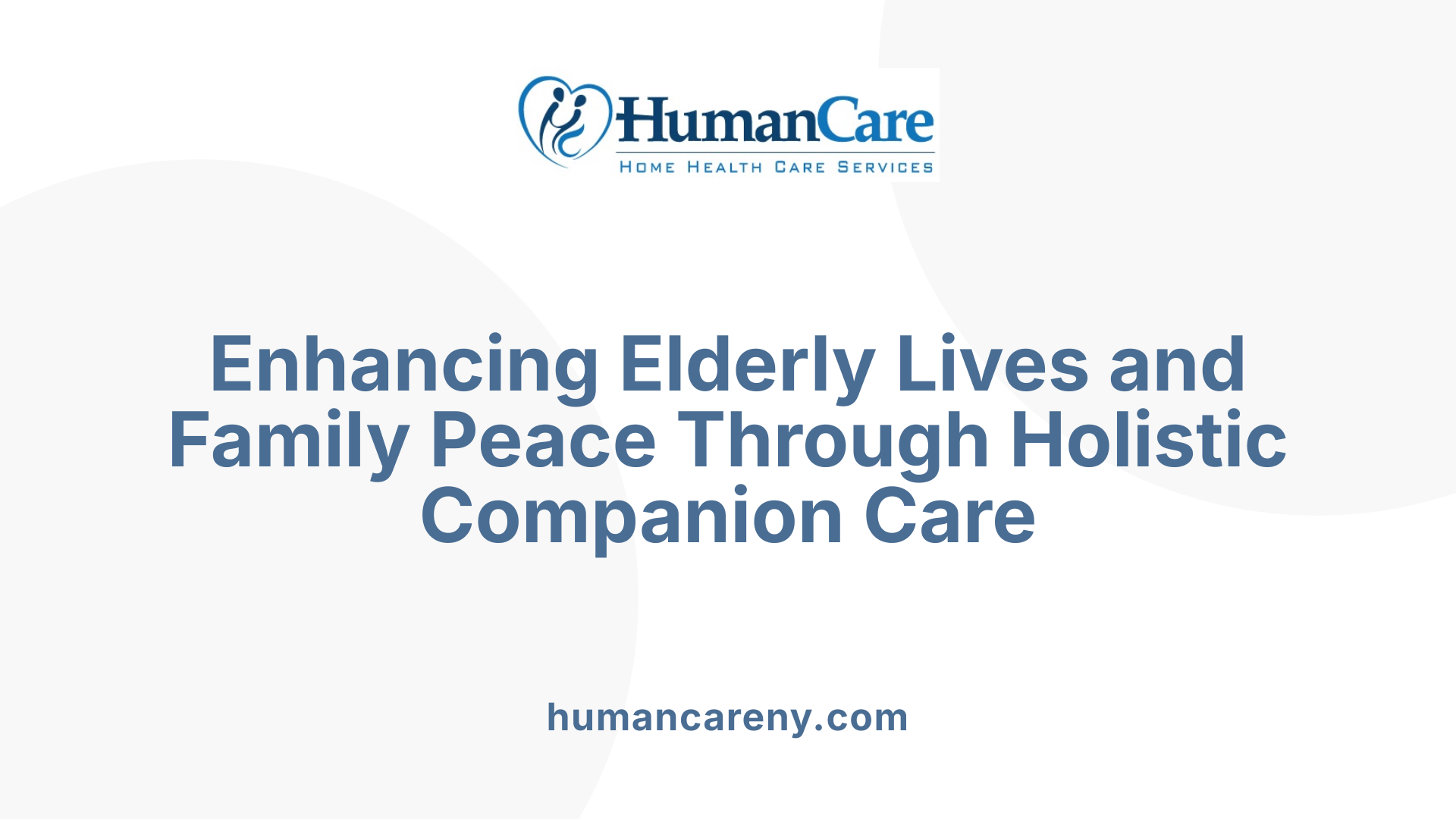Understanding Companion Care for Seniors
Companion care is a specialized type of in-home service designed to support older adults by providing meaningful social interaction, non-medical assistance, and emotional support to improve their quality of life. As many seniors strive to maintain independence while aging in place, companion care offers critical benefits that address loneliness, promote physical and mental health, and enable seniors to remain safely and comfortably in their own homes.
Combating Loneliness and Social Isolation Through Companion Care

How Does Social Isolation Affect Older Adults?
Social isolation and loneliness have been shown to seriously harm both the physical and mental health of older adults. These conditions can lead to increased risks of depression, cognitive decline, and even higher mortality rates. The absence of social interaction can leave seniors feeling disconnected, which negatively impacts their overall well-being.
How Does Companion Care Provide Emotional Support?
Companion care addresses these issues by offering regular social interaction and emotional support. Through conversations, shared hobbies, and assistance with using technology like social media, companion caregivers help seniors stay connected. This emotional bond helps reduce feelings of loneliness and fosters a sense of belonging and security.
What Activities are Included to Engage Seniors?
Companion caregivers encourage participation in various activities such as walks, games, watching movies, meal sharing, and engaging in hobbies. These activities not only provide enjoyment but also help stimulate mental faculties, promote physical movement, and improve mood. Additionally, caregivers often facilitate social outings and community engagement, further expanding social connections.
How Does Companion Care Benefit Mental Health?
Regular social engagement through companion care is vital in preventing the detrimental effects of isolation. Interaction and mental stimulation reduce the risk of depression and cognitive decline. Moreover, emotional support boosts seniors' self-esteem and happiness, creating a positive cycle that enhances overall mental health and quality of life.
By providing consistent companionship and purposeful activities, companion care plays an essential role in combating loneliness and supporting the mental well-being of older adults, allowing them to maintain independence and remain comfortably at home.
Personalized Support that Promotes Independence and Safety

What Non-Medical Assistance Do Companion Caregivers Provide?
Companion caregivers play a vital role in assisting seniors with a range of non-medical tasks to support their daily lives. These include meal preparation, light housekeeping, transportation to appointments or social outings, medication reminders, and safety monitoring. By handling these tasks, caregivers help seniors maintain comfortable and independent lives in their own homes.
How Are Care Plans Customized for Each Senior?
Every companion care plan is personalized to reflect the unique needs, preferences, and routines of the elderly individual. This customization ensures effective support that encourages independence while addressing specific requirements, such as dietary preferences, exercise routines, and social interests. Personalized plans make it possible to adapt care quickly when changes in health or condition arise.
How Is Safety and Emergency Readiness Ensured?
Safety is a top priority in companion care. Caregivers create hazard-free environments at home and respond promptly to emergencies, providing immediate assistance when needed. Regular monitoring and safety checks, along with preparedness for unforeseen medical needs, help seniors feel secure and protect their well-being.
How Does Companion Care Encourage Physical Activity?
Physical activity is promoted through activities like assisted walks, light exercises, and participation in hobbies. These activities help maintain motor skills, improve physical health, and prevent deterioration. Companions motivate and support seniors to stay active, fostering a healthy lifestyle and enhancing overall quality of life.
Selecting Trusted and Qualified Companion Caregivers

What qualifications should companion caregivers have?
Companion caregivers need experience working with elderly individuals and specific training in emotional support. Their role involves providing not only companionship but also assistance with non-medical tasks such as meal preparation and light housekeeping. Training helps caregivers develop skills to improve seniors' quality of life and promote healthy habits.
Why are background checks and training important?
Background checks ensure the safety and security of elderly clients by verifying caregivers' histories, which is crucial when someone is entering a senior's home. Training equips caregivers to handle emotional needs and respond appropriately to any health changes or emergencies, enhancing overall care quality.
How do I find reputable companion care agencies?
One effective way to find trustworthy caregivers is by asking for referrals from friends or healthcare professionals. Researching agencies that serve diverse communities and provide culturally competent care in multiple languages ensures accessible and personalized services. Reading reviews and testimonials can also provide insight into an agency’s reputation.
What role do interviews and trial periods play?
Conducting interviews allows families to assess the caregiver’s personality, experience, and approach to care. Requesting a trial period gives seniors and families a chance to experience the caregiver's service firsthand, ensuring a good match before making a long-term commitment.
Diverse and Culturally Competent Companion Care Services

What services do companion care agencies offer?
Companion care agencies provide a wide array of non-medical support services designed to enhance the quality of life for elderly individuals living at home. These services include:
- Assistance with meal preparation and light housekeeping
- Transportation to appointments and errands
- Medication reminders and safety monitoring
- Emotional support through conversation and engagement in hobbies
- Facilitation of social activities like games, walks, and community outings
- Assistance with light exercises to maintain physical health
How is cultural competence and multilingual support incorporated?
Recognizing the diverse backgrounds of seniors, many companion care agencies emphasize culturally competent care. Agencies such as MDC Healthcare serve diverse communities by offering services in multiple languages and adapting care approaches to respect cultural preferences. This ensures seniors receive care that feels familiar and respectful, fostering comfort and trust.
What types of companion care services are available?
Companion care spans various service types tailored to senior needs:
| Service Type | Description | Target Seniors |
|---|---|---|
| Social Companionship | Engaging conversations, emotional support, and social activities | Seniors mostly independent but seeking social connections |
| Personal Assistance | Help with daily tasks like meal prep, errands, medication reminders | Seniors who need light daily support but not medical care |
| Respite Care | Temporary relief for family caregivers, offering short-term assistance | Families needing a break to reduce stress |
What are the benefits of respite care?
Respite care plays a vital role by providing family caregivers with breaks from their demanding duties. This service helps reduce caregiver stress, prevents burnout, and enhances overall family well-being, while ensuring that seniors continue to receive compassionate and attentive care during these intervals.
Through diverse offerings, cultural sensitivity, and specialized service types, companion care agencies deliver personalized support that promotes independence, emotional health, and community connection for seniors.
The Holistic Impact of Companion Care on Elderly Well-being and Family Peace of Mind

Improvements in Overall Quality of Life
Companion care significantly enhances seniors' quality of life by allowing them to remain independent in familiar home settings. These services go beyond basic assistance with daily tasks like meal preparation and transportation; they foster an environment where seniors feel valued and connected. By engaging in activities such as walks, games, and social outings, companion caregivers provide meaningful social interaction that combats loneliness and isolation.
Enhancements to Mental and Physical Health
Regular social engagement through companion care reduces the risk of depression and cognitive decline in older adults. Activities encouraged by caregivers—including light exercise and mental stimulation through conversation and hobbies—help maintain both mental agility and physical health. Moreover, companion caregivers offer safety and security by monitoring health needs and responding promptly to emergencies, which contributes to overall well-being.
Emotional Well-being and Sense of Purpose
Companion care offers consistent emotional support through conversations, shared hobbies, and participation in community events that help seniors stay connected. This engagement fosters a sense of purpose and security, reducing anxiety and depression. By providing personalized companionship, caregivers help seniors maintain mental resilience and emotional balance.
Family Support through Respite Care
Beyond supporting seniors, companion care services provide crucial relief to family caregivers. This respite allows family members to rest and attend to other responsibilities, reducing caregiver stress and enhancing overall family well-being. Knowing that loved ones receive compassionate and professional care offers families peace of mind.
| Aspect | Benefit to Seniors | Benefit to Families |
|---|---|---|
| Quality of Life | Maintains independence and social connection | Peace of mind knowing loved ones are cared for |
| Mental and Physical Health | Reduces loneliness, supports cognitive and physical health | Relieves worry about health and safety |
| Emotional Well-being | Provides emotional support and purpose | Reduces caregiver stress and burnout |
| Family Support (Respite Care) | - | Offers temporary relief and time for self-care |
Embracing Companion Care for Enhanced Aging
Companion care stands as an invaluable service enabling seniors to lead enriched lives marked by social connection, safety, and independence within the comfort of their own homes. By addressing the critical challenges of loneliness and physical decline, companion caregivers foster both mental and physical well-being through personalized, compassionate support. Moreover, these services provide essential peace of mind for families, ensuring their loved ones receive attentive care tailored to their unique needs. As the demand for aging-in-place solutions grows, companion care will continue to play a pivotal role in uplifting the quality of life for elderly individuals across diverse communities.
References
- The Benefits of Companion Care for the Elderly
- The Top 10 Benefits of Home Care for Seniors
- What is Companion Care for Seniors? Services and Benefits
- The Vital Role of Elderly Companion Care in Enhancing ...
- The Benefits of Companion Care
- Care for Seniors: Elevating Quality of Life
- Homecare Services: How They Improve Seniors' Quality of ...



